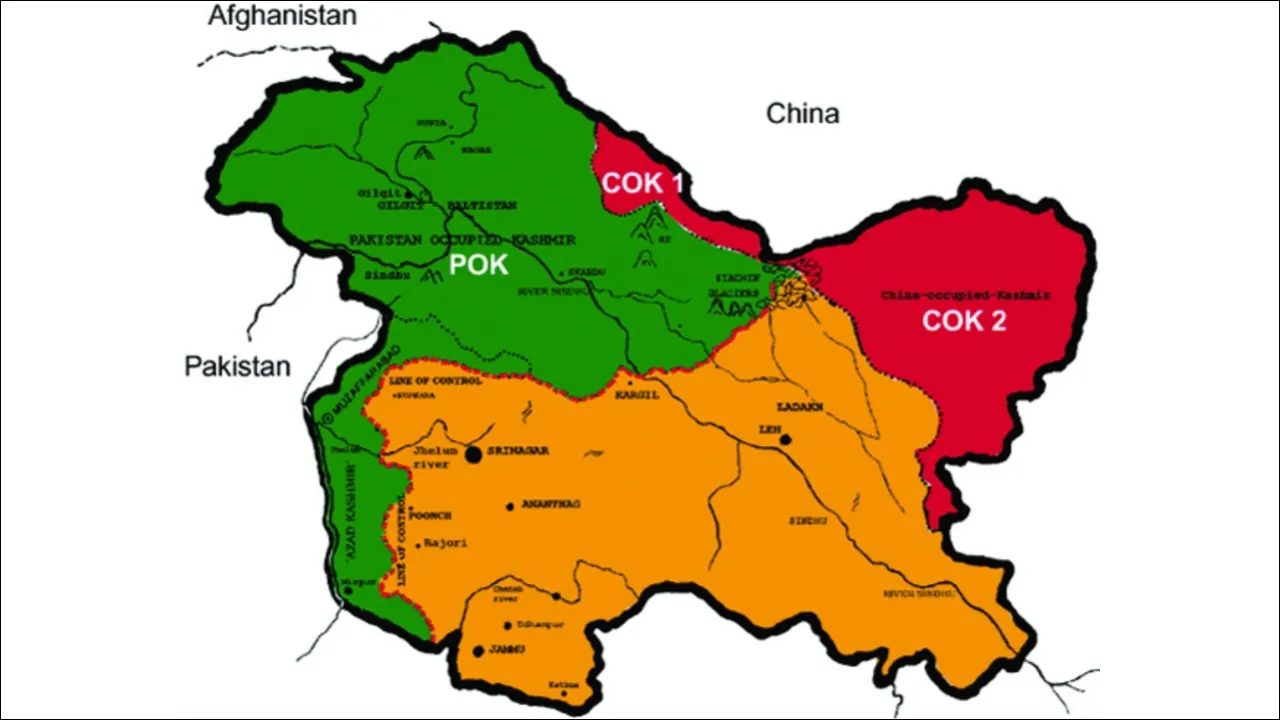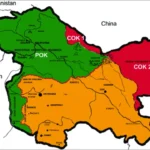The issue of Pakistan-Occupied Kashmir (POK) has been a longstanding and complex matter between India and Pakistan since 1947. Over the years, political leaders, military experts, and strategic analysts have speculated on the possibility and timeline of India regaining control over POK. However, answering how much time India would take to control POK is not straightforward. It depends on various factors, including military preparedness, diplomatic maneuvering, international reactions, and the local population’s sentiment in the region.
Understanding the Current Scenario
India officially claims the entire region of Jammu and Kashmir, including areas under Pakistani control. The Indian Parliament passed a unanimous resolution in 1994 stating that POK is an integral part of India. However, regaining control is not merely a military challenge but also a diplomatic, economic, and humanitarian one.
POK is strategically significant for both India and Pakistan. It includes key regions like Gilgit-Baltistan and the so-called “Azad Kashmir.” Over the decades, Pakistan has built considerable infrastructure, including military bases, roads, and political institutions, in POK. China’s involvement through projects like the China-Pakistan Economic Corridor (CPEC) has further complicated the situation.
Military Dynamics
From a purely military standpoint, India possesses one of the largest and most capable armed forces in the world. Its army is experienced in mountain warfare, and its air force and navy are technologically advanced. If a decision were made to take control of POK by force, it would involve extensive ground operations, aerial support, and cyber and intelligence warfare.
Experts believe that in a purely conventional battle, India’s military could establish dominance in a matter of weeks. Some estimates suggest that active control over POK could be achieved in about two to three months of sustained military operations. However, this assumes minimal international interference, limited civilian resistance, and controlled escalation with Pakistan, especially concerning the nuclear threat.
Pakistan’s military, though smaller, has a strong defensive setup in POK and would not cede the territory easily. Any direct military action could lead to broader conflict, with risks of escalation into a full-scale war, possibly involving nuclear weapons. Hence, careful strategy, overwhelming superiority, and rapid execution would be crucial.
Diplomatic and International Factors
Beyond military efforts, diplomatic and international responses would play a critical role. The international community, particularly the United Nations, the United States, Russia, and China, would likely intervene to prevent escalation. Economic sanctions, diplomatic isolation, and pressure from allies could slow down or even halt military operations.
If India were to proceed through diplomatic channels rather than military action, the timeline would extend considerably. Peaceful negotiation, international mediation, or pressure on Pakistan to vacate POK would likely take several years, if not decades.
Internal Challenges
Even if India successfully takes control militarily, managing POK afterward would be a massive task. Rehabilitation, establishing governance, winning the hearts and minds of the local population, and rebuilding infrastructure would be long-term projects. Historically, regions affected by conflict take years to stabilize.
The process would involve administrative setup, law enforcement, counterinsurgency efforts (if required), and economic integration with the rest of India. Therefore, even after military victory, complete integration could take five to ten years or more.
Conclusion
In theory, India could take control of POK through military means within a few months, given its superior military capabilities. However, the broader picture involving diplomacy, internal management, international repercussions, and humanitarian concerns suggests a far longer timeline. Realistically, complete control and integration of POK would be a multi-year process.
The Indian leadership has repeatedly stated that it remains committed to reclaiming POK through peaceful means. In today’s interconnected world, diplomacy, strategic patience, and strong national development may ultimately be the tools that achieve what pure military might cannot.




